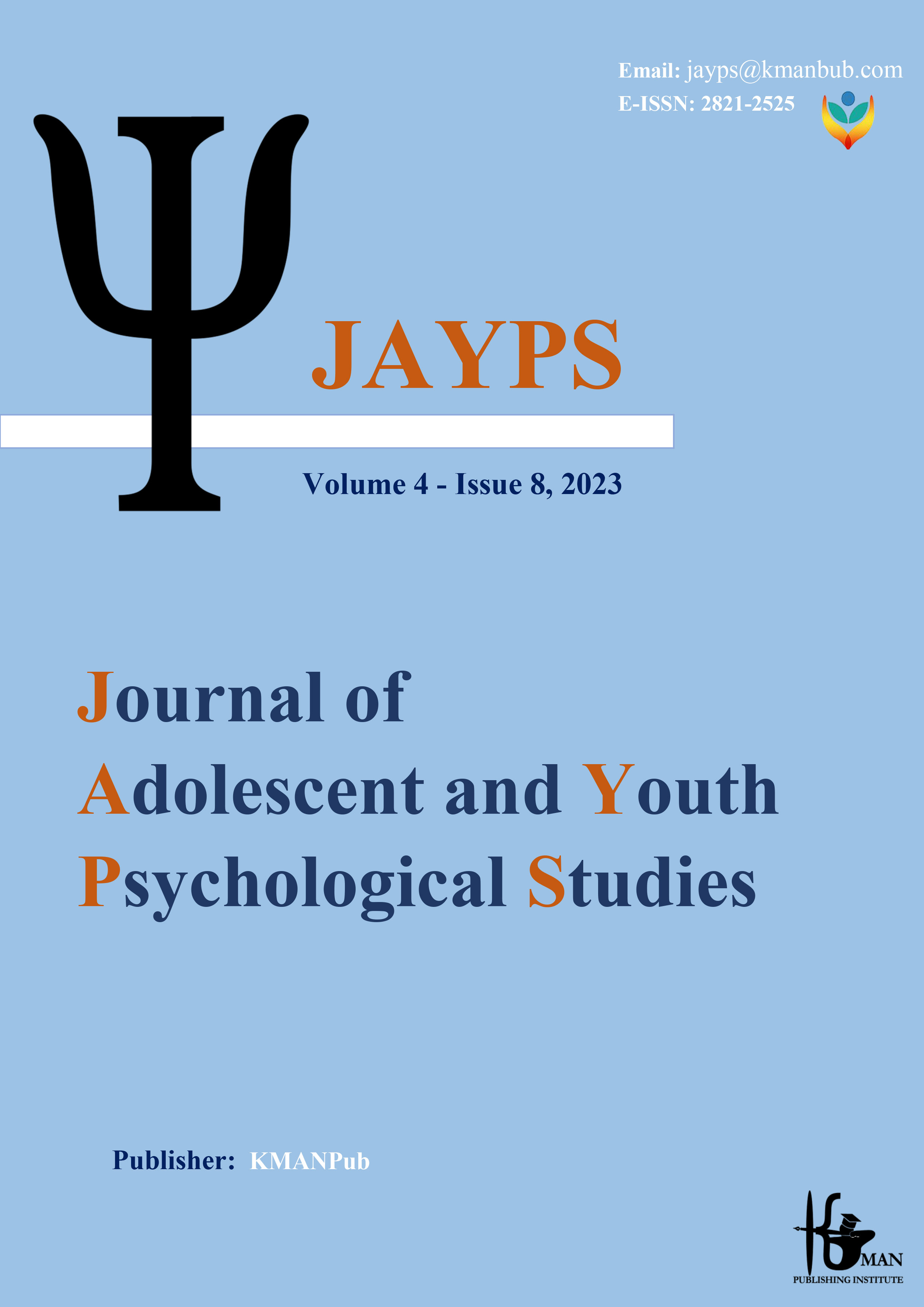Developing a model about Academic Performance, based on Screen time, metacognition and Mindfulness: The Mediating Role of Self-esteem, Self-regulation in high school
Keywords:
Academic performance, mindfulness, metacognition, screen time, self-esteem, self-regulation.Abstract
Background and Aim: Academic performance is considered one of the important variables in achieving job success and social acceptance in any society, so that sometimes academic performance is considered equivalent to academic success. The aim of the current research was to determine the formulation of the academic performance model based on the duration of using screens, metacognition and the conscious mind with the mediation of self-esteem and self-regulation in adolescents. Methods: The current research was of correlation and structural equations type. The statistical population of the research included second grade high school students in Tehran in the academic year 2020-2021, 517 of whom were selected by multi-stage cluster sampling. In order to collect the data required for this research, the Freiburg Mindfulness Questionnaire (2001), the Dortaj Academic Performance Questionnaire (2005), the Cooper Smith Self-Respect Questionnaire (2017), the Wells Metacognition Questionnaire (2004), and the questionnaire for the duration of using Tirgar screens (2018) and the self-regulation questionnaire of Miller and Brown (1992) was used. Data were analyzed using Pearson correlation test and path analysis. Results: The results showed that the direct paths of metacognition, mindfulness and the duration of using screens are significant with academic performance (P<0.01) and the indirect effect of metacognition, the duration of using screens and mindfulness with The mediation of self-respect is significant (P=0.20) and it showed its mediating role well, while although self-regulation has a direct effect on academic performance, it cannot indirectly affect academic performance as a mediating variable. Academic performance has an effect. Conclusion: It can be said that the duration of using screens and metacognition and mindfulness, along with other factors such as self-esteem and self-regulation, play a key role in academic performance, and it seems that the role of self-esteem is more important. Therefore, in order to increase academic performance, it is necessary to pay attention to these factors in improving the academic performance of students.
Downloads
Downloads
Published
Submitted
Revised
Accepted
Issue
Section
License

This work is licensed under a Creative Commons Attribution-NonCommercial 4.0 International License.









